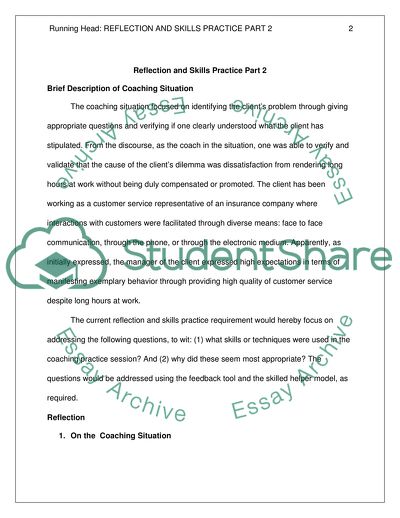Cite this document
(Analysis of Coaching and Mentoring Practices for Developing and Coursework, n.d.)
Analysis of Coaching and Mentoring Practices for Developing and Coursework. https://studentshare.org/psychology/1764973-reflection-and-skills-practice-part-2
Analysis of Coaching and Mentoring Practices for Developing and Coursework. https://studentshare.org/psychology/1764973-reflection-and-skills-practice-part-2
(Analysis of Coaching and Mentoring Practices for Developing and Coursework)
Analysis of Coaching and Mentoring Practices for Developing and Coursework. https://studentshare.org/psychology/1764973-reflection-and-skills-practice-part-2.
Analysis of Coaching and Mentoring Practices for Developing and Coursework. https://studentshare.org/psychology/1764973-reflection-and-skills-practice-part-2.
“Analysis of Coaching and Mentoring Practices for Developing and Coursework”. https://studentshare.org/psychology/1764973-reflection-and-skills-practice-part-2.


